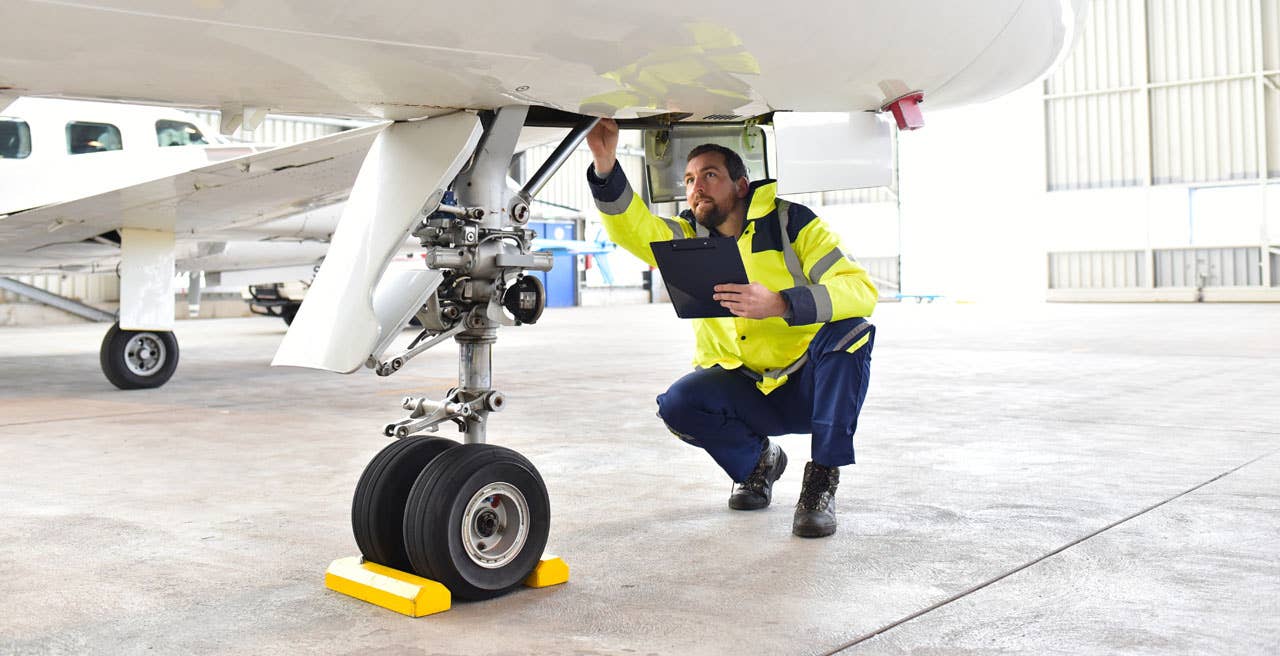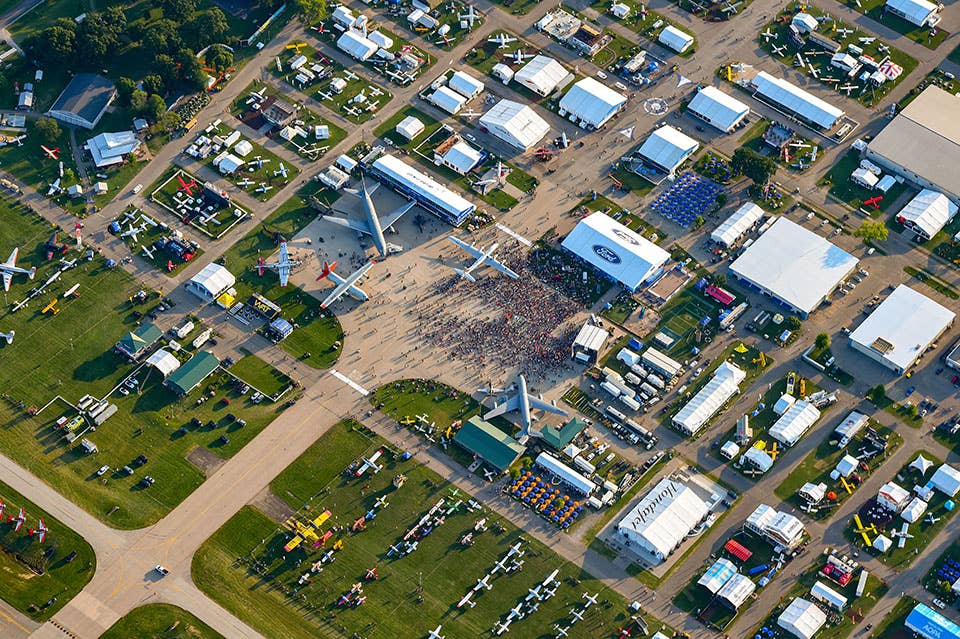FAA Requires Airbus To Change Pitots
The FAA has issued a final Airworthiness Directive that requires replacement of certain Thales Avionics pitot probes (like that flown on the crashed Air France Flight 447 and 43 other Airbus A330 and A340 model aircraft currently flying) with Goodrich probes in order to prevent airspeed discrepancies that “could result in reduced control of the airplane.” Use of the Thales model has resulted in “reports of airspeed indication discrepancies while flying at high altitudes in inclement weather conditions,” according to the FAA. Published Thursday in the Federal Register, the final rule does not make mention of the Air France flight that transmitted via its Aircraft Communications Addressing and Reporting System (ACARS) that its pilots were faced with conflicting or unreliable air data while flying at 35,000 feet through weather before they crashed off the northern coast of Brazil in June, killing all 228 aboard. The crash did lead Air France pilots to push for replacement pitot probes after they became aware that other aircraft flying with the Thales probes had also experienced incorrect airspeed indications. According to the FAA, the specific Thales Avionics pitot probe “has not yet demonstrated the same level of robustness to withstand high-altitude ice crystals as Goodrich pilot probes P/N 0851HL,” which the agency now requires as a replacement.

The FAA has issued a final Airworthiness Directive that requires replacement of certain Thales Avionics pitot probes (like that flown on the crashed Air France Flight 447 and 43 other Airbus A330 and A340 model aircraft currently flying) with Goodrich probes in order to prevent airspeed discrepancies that "could result in reduced control of the airplane." Use of the Thales model has resulted in "reports of airspeed indication discrepancies while flying at high altitudes in inclement weather conditions," according to the FAA. Published Thursday in the Federal Register, the final rule does not make mention of the Air France flight that transmitted via its Aircraft Communications Addressing and Reporting System (ACARS) that its pilots were faced with conflicting or unreliable air data while flying at 35,000 feet through weather before they crashed off the northern coast of Brazil in June, killing all 228 aboard. The crash did lead Air France pilots to push for replacement pitot probes after they became aware that other aircraft flying with the Thales probes had also experienced incorrect airspeed indications. According to the FAA, the specific Thales Avionics pitot probe "has not yet demonstrated the same level of robustness to withstand high-altitude ice crystals as Goodrich pitot probes P/N 0851HL," which the agency now requires as a replacement.
The NTSB in June began investigating two incidents involving faults with the Airbus' Air Data Reference System. In at least one of those cases, the autopilot and autothrust had disconnected due to problems with the system. ACARS data showed the Air France flight's autopilot had disengaged prior to the crash but it has not been determined if that occurred automatically or as the result of pilot action.






